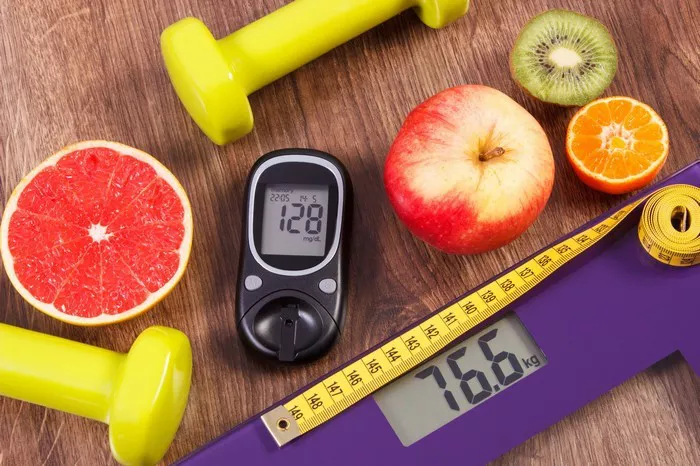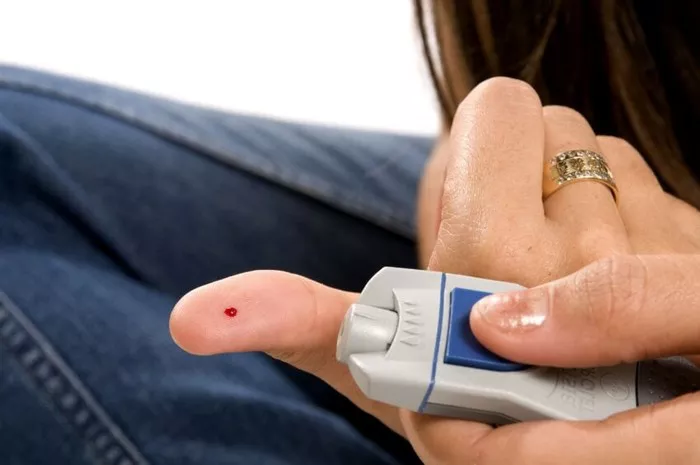Juvenile diabetes, also known as type 1 diabetes, is a chronic autoimmune condition characterized by the body’s inability to produce insulin—a hormone essential for regulating blood sugar levels. Unlike type 2 diabetes, which is often linked to lifestyle factors such as obesity and sedentary behavior, type 1 diabetes typically develops during childhood or adolescence and is not preventable through lifestyle modifications.
In this comprehensive guide, we explore the latest research and advancements in the quest for a cure for juvenile diabetes, shedding light on the promising avenues of treatment and the challenges that lie ahead.
The Complexity of Juvenile Diabetes
Juvenile diabetes is a multifaceted condition with genetic, environmental, and immunological factors at play. In individuals with type 1 diabetes, the immune system mistakenly attacks and destroys the insulin-producing beta cells in the pancreas, leading to insulin deficiency and uncontrolled blood sugar levels.
While the exact triggers of this autoimmune response remain unclear, researchers believe that a combination of genetic susceptibility and environmental triggers, such as viral infections or exposure to certain toxins, may contribute to the development of the disease.
Current Treatment Landscape and Challenges
Despite significant advancements in diabetes management, including the development of insulin therapy and glucose monitoring technologies, managing juvenile diabetes remains a lifelong challenge. While insulin therapy is essential for survival, it does not constitute a cure and requires vigilant monitoring and adjustment to maintain optimal blood sugar control.
Additionally, individuals with type 1 diabetes are at increased risk of developing complications such as cardiovascular disease, kidney failure, and nerve damage, underscoring the urgent need for more effective treatment strategies.
Advancements in Immunotherapy and Beta Cell Replacement
In recent years, researchers have made significant strides in the field of immunotherapy, aiming to modulate the immune system’s response and preserve remaining beta cell function in individuals with type 1 diabetes. Immunomodulatory agents such as monoclonal antibodies, immune checkpoint inhibitors, and antigen-specific therapies hold promise for halting the autoimmune destruction of beta cells and preserving insulin production.
Furthermore, beta cell replacement therapies, including pancreatic islet transplantation and stem cell-derived beta cells, offer a potential avenue for restoring insulin secretion in individuals with type 1 diabetes. While these approaches have shown encouraging results in clinical trials, challenges such as immune rejection, limited donor availability, and the need for lifelong immunosuppressive therapy remain significant hurdles to widespread adoption.
Regenerative Medicine and Gene Therapy
Regenerative medicine and gene therapy hold tremendous potential for revolutionizing the treatment of juvenile diabetes by repairing or replacing damaged beta cells and restoring insulin production. Researchers are exploring innovative approaches such as using pluripotent stem cells to generate functional beta cells in the laboratory, creating bioengineered scaffolds to support cell engraftment and survival, and harnessing gene-editing technologies to correct genetic mutations associated with type 1 diabetes.
While these approaches are still in the experimental stages, they offer hope for a future where individuals with type 1 diabetes can enjoy restored insulin function and freedom from daily insulin injections and glucose monitoring.
Challenges and Considerations
Despite the progress made in diabetes research, several challenges and considerations must be addressed to bring a cure for juvenile diabetes to fruition. These include:
1. Heterogeneity of the Disease:
Juvenile diabetes is a heterogeneous condition with varying clinical manifestations and underlying mechanisms. Tailoring treatment approaches to individual patient characteristics and disease subtypes is essential for achieving optimal outcomes.
2. Long-Term Safety and Efficacy:
Ensuring the long-term safety and efficacy of emerging therapies is paramount, as potential side effects and complications may emerge over time. Rigorous clinical trials and post-market surveillance are necessary to evaluate the benefits and risks of new treatment modalities.
3. Access and Affordability:
Making novel diabetes treatments accessible and affordable to all individuals, regardless of socioeconomic status or geographic location, is crucial for achieving equitable healthcare outcomes. Addressing disparities in access to care and reducing the financial burden of diabetes management are essential priorities.
4. Collaboration and Knowledge Sharing:
Collaboration between researchers, clinicians, industry stakeholders, and patient advocacy groups is vital for advancing diabetes research and accelerating the translation of scientific discoveries into clinical practice. Open sharing of data, resources, and expertise can facilitate innovation and drive progress towards a cure for juvenile diabetes.
Conclusion
In conclusion, the quest for a cure for juvenile diabetes is a complex and multifaceted journey marked by both challenges and breakthroughs. While significant progress has been made in understanding the underlying mechanisms of the disease and developing novel treatment modalities, much work remains to be done to translate these advancements into tangible clinical benefits for individuals living with type 1 diabetes.
By fostering collaboration, innovation, and investment in diabetes research, we can continue to push the boundaries of scientific knowledge and ultimately realize the vision of a world free from the burden of juvenile diabetes. Stay tuned for the latest updates and developments in the field as we collectively strive towards a brighter and healthier future for all.


























